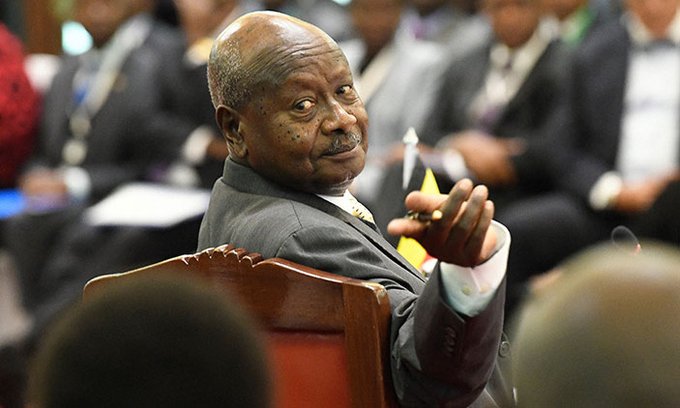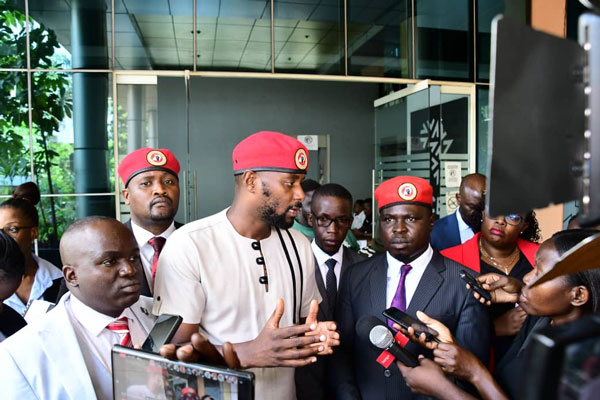Steven Masiga, Opinion – I find it equally unacceptable not to assess the Speaker of Parliament, who is a key figure in parliamentary work. Others not assessed included the Vice President and Deputy Speaker. These elected officials should have been scrutinized for their roles as legislators. The criterion to exempt them from scrutiny was unacceptable and could be seen as an affront to Article 21, which discourages discrimination in any form.
Having served on the Local Government Scorecard under organizations like the Advocates Coalition for Development and Environment (ACODE) and Uganda Local Government Association (ULGA) for 10 years, I am competent enough to comment on the parliamentary scorecard.
The intention of assessing leaders on their statutory roles is a welcome move as it encourages them to work harder. However, I reject the idea of scoring Members of Parliament for work not done. Marks for attendance should be removed, and instead, marks should be awarded for influence in debates on the floor of Parliament, brilliance in propositions for bills, and similar contributions.
During our time scoring local council leaders, including LC5 chairpersons and councilors, we focused primarily on statutory roles such as participation in council debates, moving motions, and monitoring and reporting on projects in their areas of representation. I recall vividly how councilors were diligent, often armed with detailed monitoring reports as though they were technical staff.
Many councilors and speakers who performed excellently eventually became LC5 chairpersons, while others transitioned to Parliament, like Hon. Mapenduzi of Gulu and Councilor Mafabi of Bubyangu, Mbale, who is now the LC5 chairman of Mbale District.
The current parliamentary scorecard is overly narrow as it primarily focuses on activities within the Parliament chamber, with limited attention to community engagement. Since MPs are also mandated by law to monitor government programs, the scorecard should place additional emphasis on this extramural component.
Equally concerning is that beyond MPs, no other individuals are consulted to validate the findings. In research, multiple sources enhance credibility. Voters should be consulted on the performance of their leaders, although logistical challenges may limit this. In the interim, incorporating researchers from academic institutions like Makerere University and IUIU, spread across Uganda, could enhance credibility.
The Parliament of Uganda comprises over 500 MPs affiliated with political parties such as the National Resistance Movement (NRM), the Forum for Democratic Party (DP), and UPC, among others. Many of these MPs are either Muslims or Christians; for example, Anglicans account for 40%, followed by Catholics at 37%, with Orthodox and Buddhists each at 1%, according to an earlier parliamentary scorecard.
The use of modern media platforms like Facebook, Twitter, and WhatsApp to reach out to MPs is commendable, facilitating engagement with those who may otherwise be difficult to access due to busy schedules or other reasons.
The scorecard should also distance itself from unsubstantiated claims by MPs that they pay fees or donate cash to communities, which require thorough scrutiny before being deemed authentic.
The writer is a researcher from Mbale. Tel: 0782231577




















